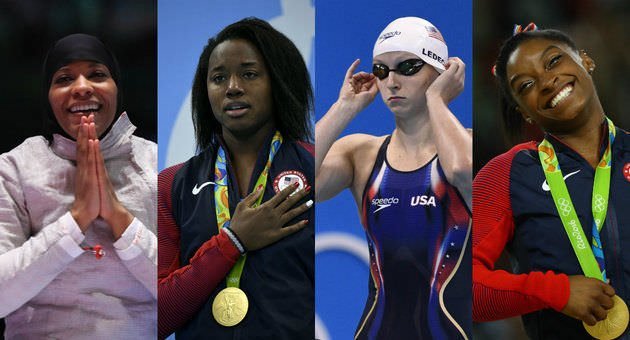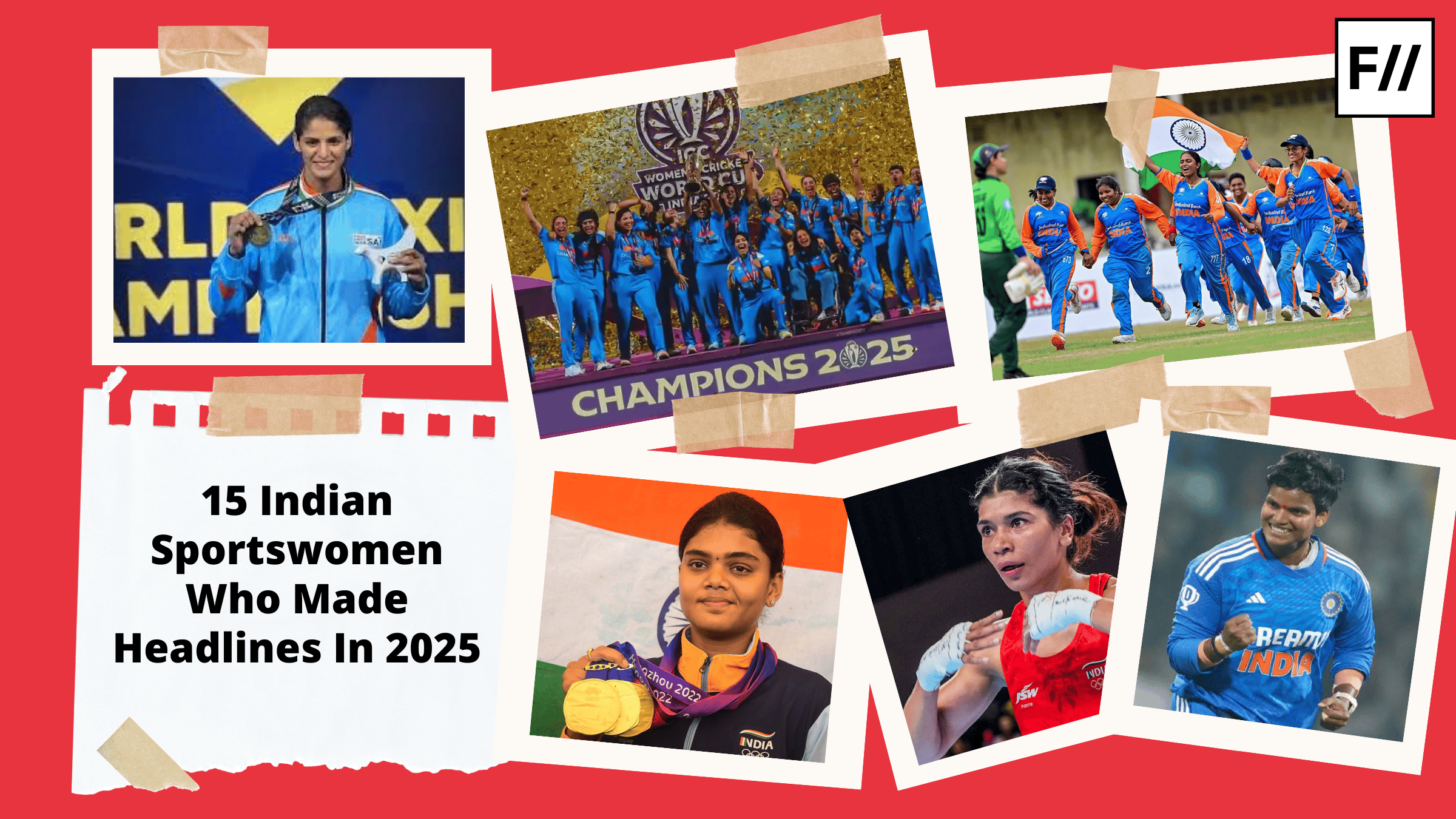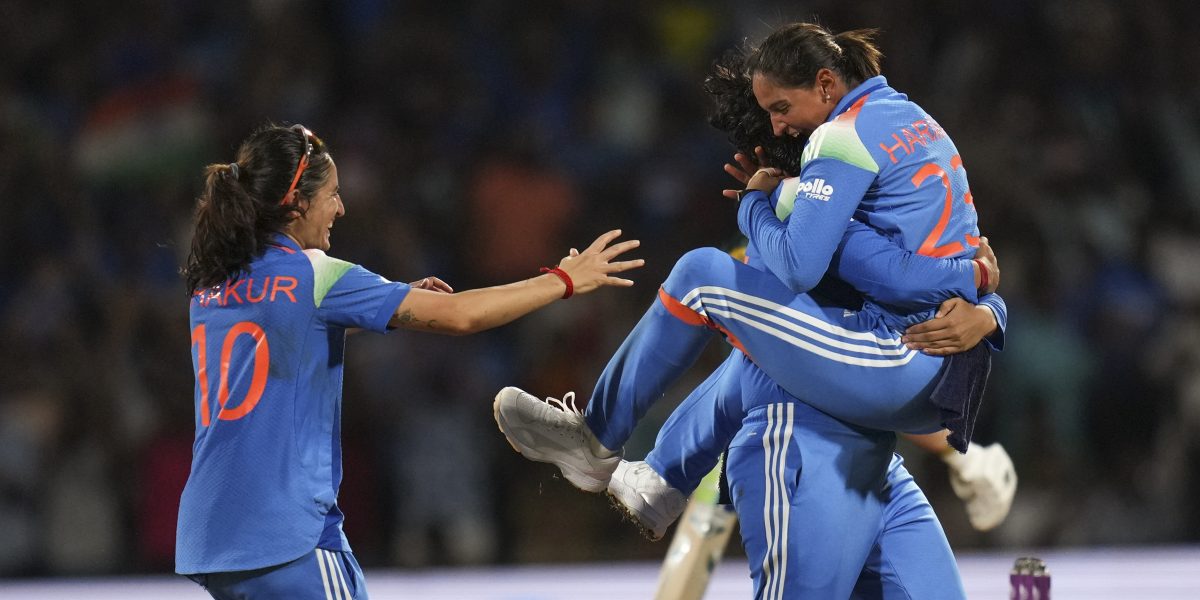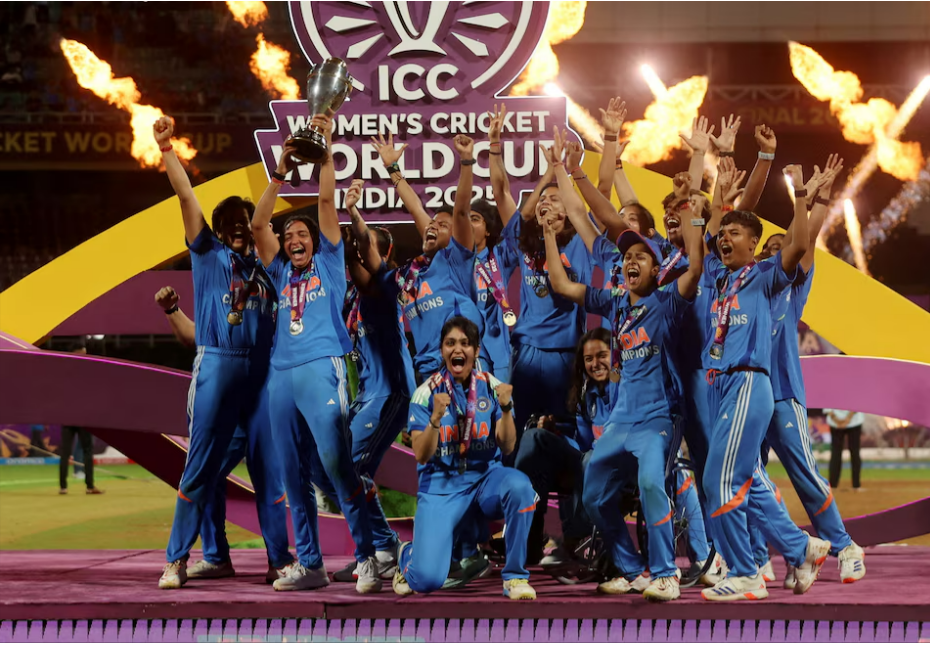On 14th August 2016, Dipa Karmakar took a leap of faith and made history by becoming the first Indian woman gymnast to qualify for the Olympics and finishing 4th in the finals with a super-impressive score of 15.066. She is also famously known as one of the only five women to conquer the most difficult vault in the world of gymnasium – the Produnova.
Also Read: Your Handy Guide to Indian Sportswomen at Rio Olympics 2016
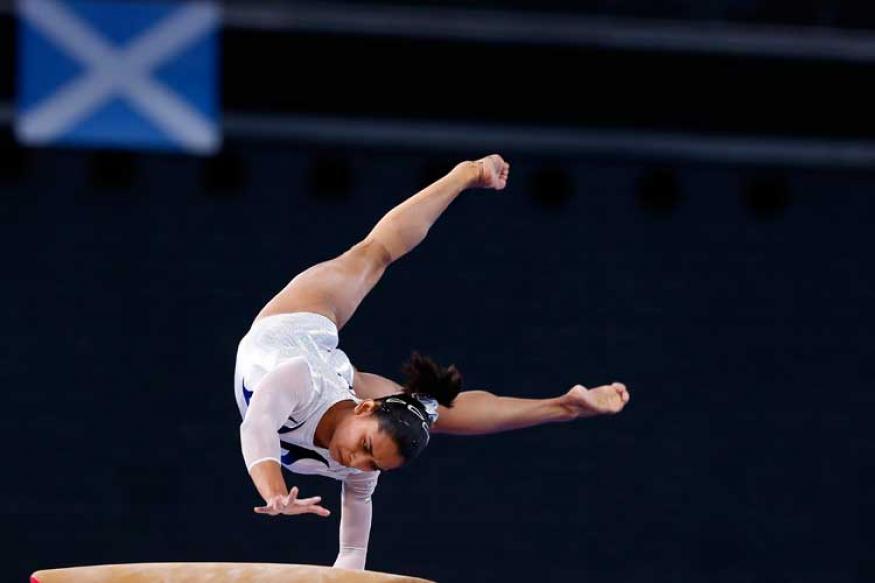
Image credits: www.news18.com
For the second time in the entire history of Olympics, Saudi Arabia sent a delegation of women to Rio Olympics this year. This delegation included Sarah Attar, a female athlete, who represented Saudi Arabia in the Rio Olympics Marathon, finishing second to last but nonetheless shattering all sorts of barriers that women in the Middle-East usually face in their everyday lives. She gave a reason for all those aspirational women out there to dream and chase those dreams. The same marathon included Jemima Sumgong who became the first ever Kenyan woman to win the Olympic marathon.

Image credits: www.thestar.com
It isn’t hidden from anyone how the old records were broken and new records were set by some of the greatest female athletes in this year’s summer Olympics. Katie Ledecky who represented USA in freestyle swimming, set new world records for 400m and 800m freestyle with timings of 3:56:46 and 8:04:79, respectively. Other world records were set by Kenyan long-distance runner, Vivian Cheruiyot, in 5000m event with a timing of 14:26:17, Ethiopian long-distance runner Almaz Ayana in 10000m event with a timing of 29:17:45, Polish hammer thrower Anita Wlodarczyk with the record set for 82.29 meters and many more.
Rio Olympics, 2016 also saw USA sending the biggest cohort of female athletes with a whopping large number of 292.
India was nowhere behind in putting up its women athletes up there on the world map. And it hasn’t been just this year. Female Indian athletes like P.T. Usha, Karnam Malleswari and Mary Kom have made India proud time and again. This year, Sakshi Malik, Dipa Karmakar and P.V. Sindhu won everyone’s hearts by their outstanding performances!

Image Credit: ESPN
Also read: PV Sindhu’s Win Made Me Sob Uncontrollably With Anger
We all rejoiced, we all celebrated and we all sang praises of all of these amazing women who rocked at this year’s Olympics. But does that mean that the Olympics have gotten rid of the ever-so-prevalent sexism? Does this mean that the female athletes have finally got the respect and equal treatment that they deserve? Does this imply that now the disparity between their salaries and male athletes’ salaries would be wiped away once and for all? Let’s look at the not-so-bright picture of these prestigious games.
Five-time Olympic gold medalist and nine-time world champion, Katie Ledecky from USA has a performance record that’s beyond mind-blowing. This has shown her prowess in 400-, 800- as well as 1500-meter freestyle but her dream of competing in the 1500-meter swim at this year’s Olympics remained only a dream. Reason? Olympics doesn’t have any 1500-meter swim pools for females. Only men get to swim it while the female swimmers can claim only 800-meters long pool as their victory ground. This is just an example from a very long list that holds the bitter truth about these games. Be it Wrestling, Cycling, Boxing or any other sport, the rules have been rewritten to “suit it to the women needs”. With the women touching the zenith in every single field, such a discrimination seems just incongruous to say at the very least. The sports associations have given all sorts of “scientific” reasons mentioning how women’s biological characteristics do not allow them to compete in the same capacities as men. But where are the proofs, that’s all that I ask? Most of these statements are made just in accordance with the perceived notion of women as the weaker sex.
Yet another infuriating behavior is the lack of acceptance and willingness to invest in female athletes. You would be surprised to know that when Dipa Karmakar requested for a physio, her request was deemed wasteful by the Sports Authority of India and was granted only when she “proved herself” by qualifying for the finals.
Everyone is well aware of the way women are treated as second-class citizens in most of the middle-eastern countries. Women cannot drive, cannot travel alone and cannot even participate in the sports competitions and tournaments. The conditions are so bad that they can’t even attend their team’s games. There’s a restriction on the entry of women to the sports academies and clubs. The academia doesn’t support the need for having physical classes for girls either. Now some of you would say that Saudi Arabia did send some women to Olympics this year. But look at the circumstances under which they did so. They had to send these four women who were competing in the Olympics to other countries just to give them a chance to get trained for the games. And they did even this under pressure as International Olympic Committee gave them an ultimatum of including women in their team, failure of which would lead to them getting barred from the games.
The high disparity between the salaries of men and women in all the fields isn’t hidden from anyone and this holds true even for sports. Adelphi University published an infographic depicting this disparity about 2 years back and unfortunately the situation hasn’t changed much in these last 2 years.
And then there’s media who doesn’t leave a single opportunity of sexualising women athletes. A female athlete comes with good features and great dressing sense, media forgets that she is an athlete first and start bombarding her with all sorts of questions related to her sex appeal, her appearance, her fashion sense and what not.
Also Read: 7 Times Media Coverage of Rio Olympics was Sexist and It’s Only Day 5
We all were cheering for Sakshi, Sindhu and other female athletes when we had lost hopes from our male cohort. It took someone to qualify for the finals and the other one a silver medal to be recognized as “India’s daughter”. There was a huge outcry for OP Jaisha, the athlete who collapsed during her run, but there wasn’t much recognition as “India’s daughter” for her. Actually, it’s probably a good thing that she wasn’t recognized that way. After all, Sakshi and Sindhu had to be called someone’s daughter or someone’s sister because they do not have their individual identities as a person. I wonder when have we called any of our male athletes “India’s son” or “India’s brother”.
“Beti bachao, medal pao” – can’t be anything less than the worst message ever! Save your daughters and get medals. Right, because that’s the only reason why you should save your daughters!
Also Read: On PV Sindhu and Sakshi Malik: Do Women Have To “Prove” Their Worthiness To Live?
Women in sports, like any other field, are shattering all sorts of ceilings and deserve the sort of respect and admiration that their fellow male athletes get. The true win for these women would be when they won’t have to prove themselves by qualifying for the finals to deserve a physiotherapist, when they would be admired for their talent and not by the way they dress or look, and when they would be offered the salaries they truly deserve, and not the discounted ones just because they are born as women.
About the author(s)
Data junkie, explorer, conversationalist, passionista, traveller and feminist - this is the ensemble that describes Devangana. With a full-time job at ThoughtWorks, a tech consulting firm, she devotes her remaining time to DataKind, a non-profit organisation that aims at harnessing the power of data in the service of humanity.
